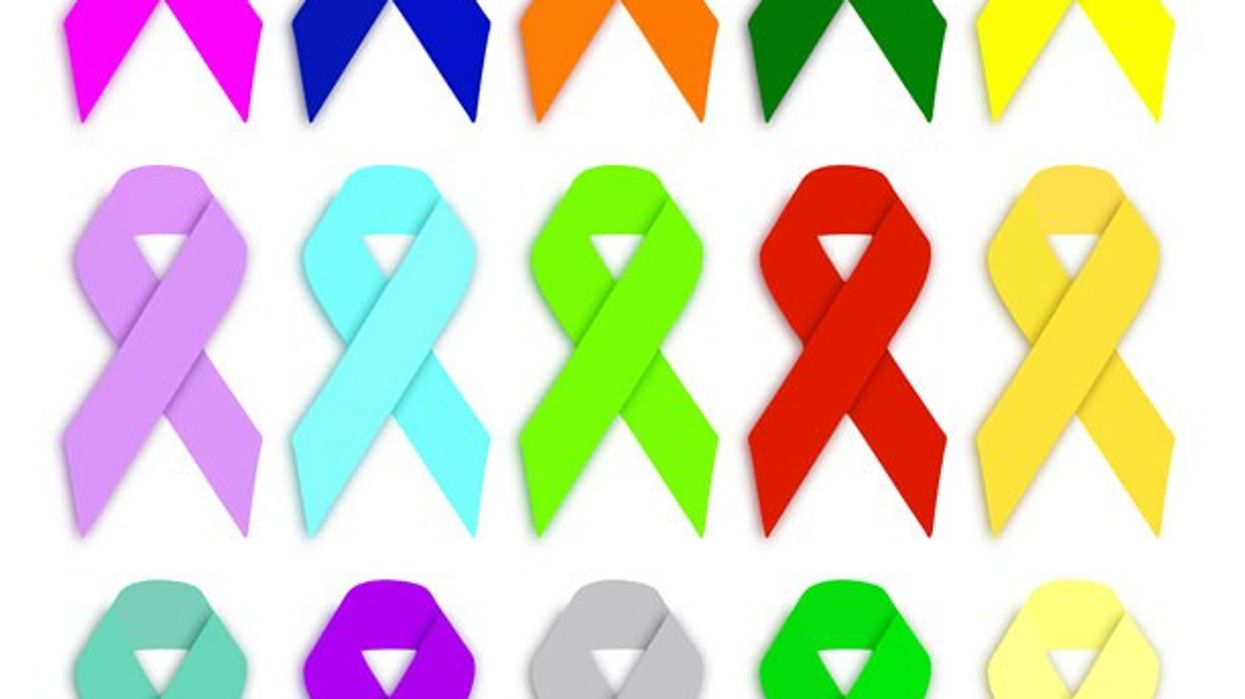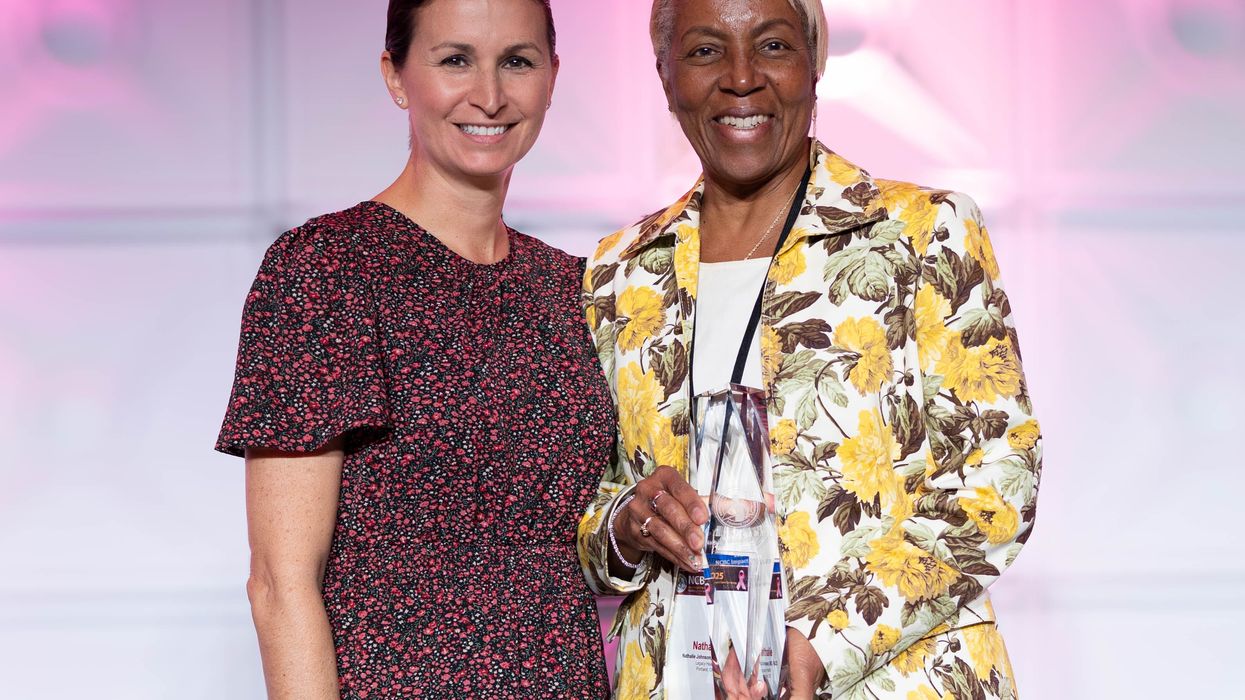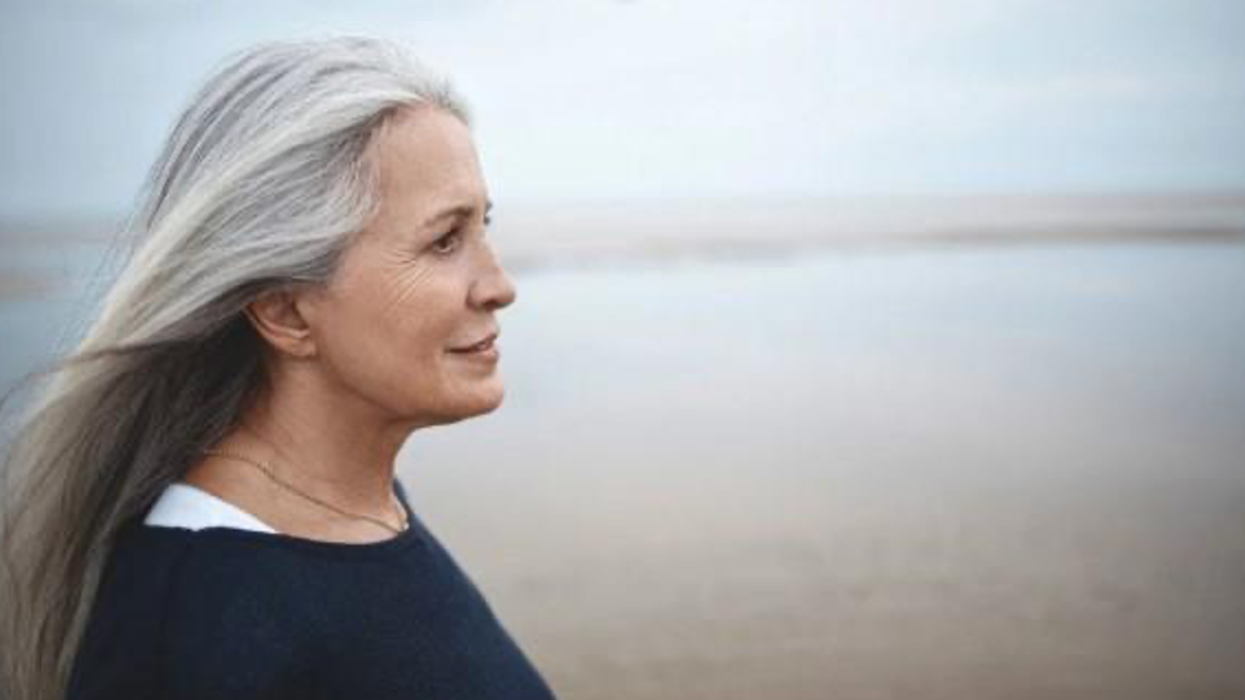As the population ages, the health needs of older adults have become a critical area of focus. However, the distinct health challenges faced by older women compared to older men have been underappreciated and understudied. This lack of research is problematic, as it contributes to disparities in healthcare outcomes for older women.
The Biological and Social Differences
Biologically, women and men age differently. Women generally live longer than men but often face more years of chronic illness. This longevity paradox—where women live longer but with more disease and disability—highlights the need for gender-specific research. Hormonal differences, particularly the decline in estrogen during menopause, significantly impact women's health, leading to higher risks of osteoporosis, cardiovascular disease, and cognitive decline .
Social factors also play a crucial role in health disparities. Older women are more likely to live alone, experience poverty, and bear the burden of caregiving, which can lead to mental and physical health challenges . These factors are often overlooked in clinical research, which tends to focus more on men or does not adequately consider the intersection of gender and aging.
The Research Gap
Despite the evident differences, there is a glaring research gap in understanding the specific health needs of older women. Historically, medical research has centered around male subjects, with findings generalized to the entire population. This male-centric model has led to significant gaps in knowledge about conditions that disproportionately affect women, such as osteoporosis and autoimmune diseases .
Moreover, many clinical trials that do include women fail to stratify results by gender, leading to a lack of nuanced understanding of how aging affects women differently from men. For example, heart disease presents differently in women than in men, yet research often fails to account for these differences, resulting in misdiagnosis and inadequate treatment for older women .
Consequences of Understudied Health
The underrepresentation of older women in health research has real-world consequences. It contributes to a lack of effective interventions for diseases that primarily affect older women, such as Alzheimer’s disease, which women are nearly twice as likely to develop as men . Additionally, the lack of gender-specific research on medication effects means that older women are more susceptible to adverse drug reactions, as dosages and side effects are often based on studies conducted on younger male populations .
The Need for Gender-Specific Research
To address these disparities, there is an urgent need for more gender-specific research in geriatric medicine. This research should not only include more women in studies but also consider the unique social, biological, and psychological factors that affect women's health as they age.
Public health policies and clinical practices must also evolve to address the specific needs of older women. This includes tailoring preventive measures, diagnostic tools, and treatment plans to better suit the biological and social realities of older women .
The health of older women has been woefully understudied, leading to significant disparities in healthcare outcomes. To close this gap, the medical community must prioritize research that accounts for the differences between men and women, particularly in the context of aging. By doing so, we can ensure that older women receive the care and attention they deserve, improving their quality of life and reducing the burden of chronic disease.
Citations:
- "Sex Differences in Health and Aging: Understanding the Paradox of Better Health and Greater Longevity." American Journal of Public Health, 2022.
- "Social Isolation and Loneliness in Older Adults: Opportunities for the Health Care System." National Academies of Sciences, Engineering, and Medicine, 2020.
- "The Underrepresentation of Women in Health Research: A Persistent Problem." Journal of Women's Health, 2023.
- "Alzheimer’s Disease Facts and Figures." Alzheimer’s Association, 2023.
- "Gender Differences in Adverse Drug Reactions in Older Adults." British Journal of Clinical Pharmacology, 2023.
- "Toward Gender Equity in Health Research: The Importance of Including Older Women." The Lancet, 2022.






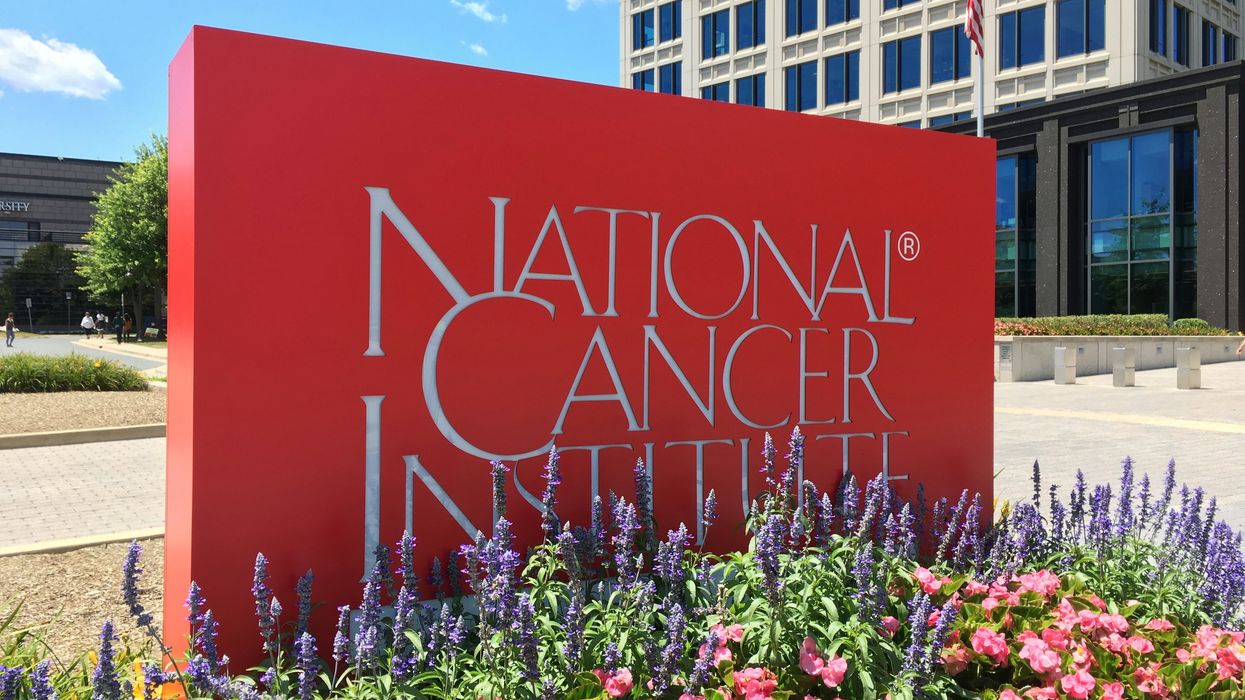
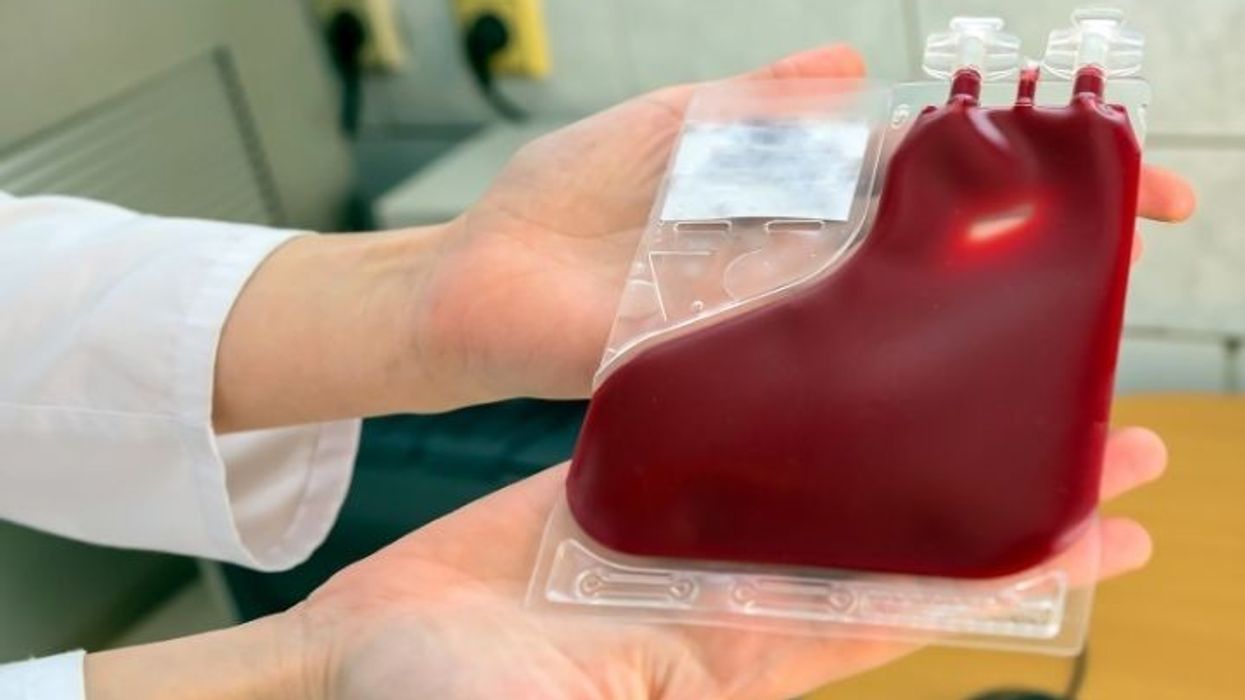

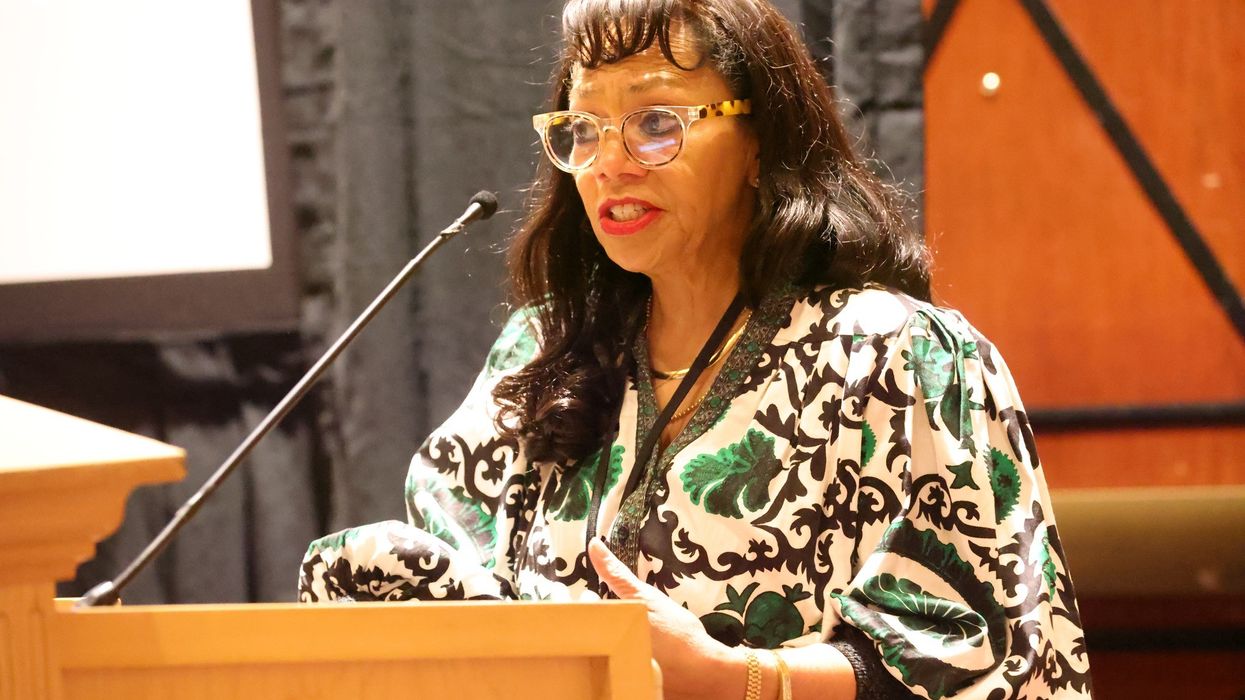
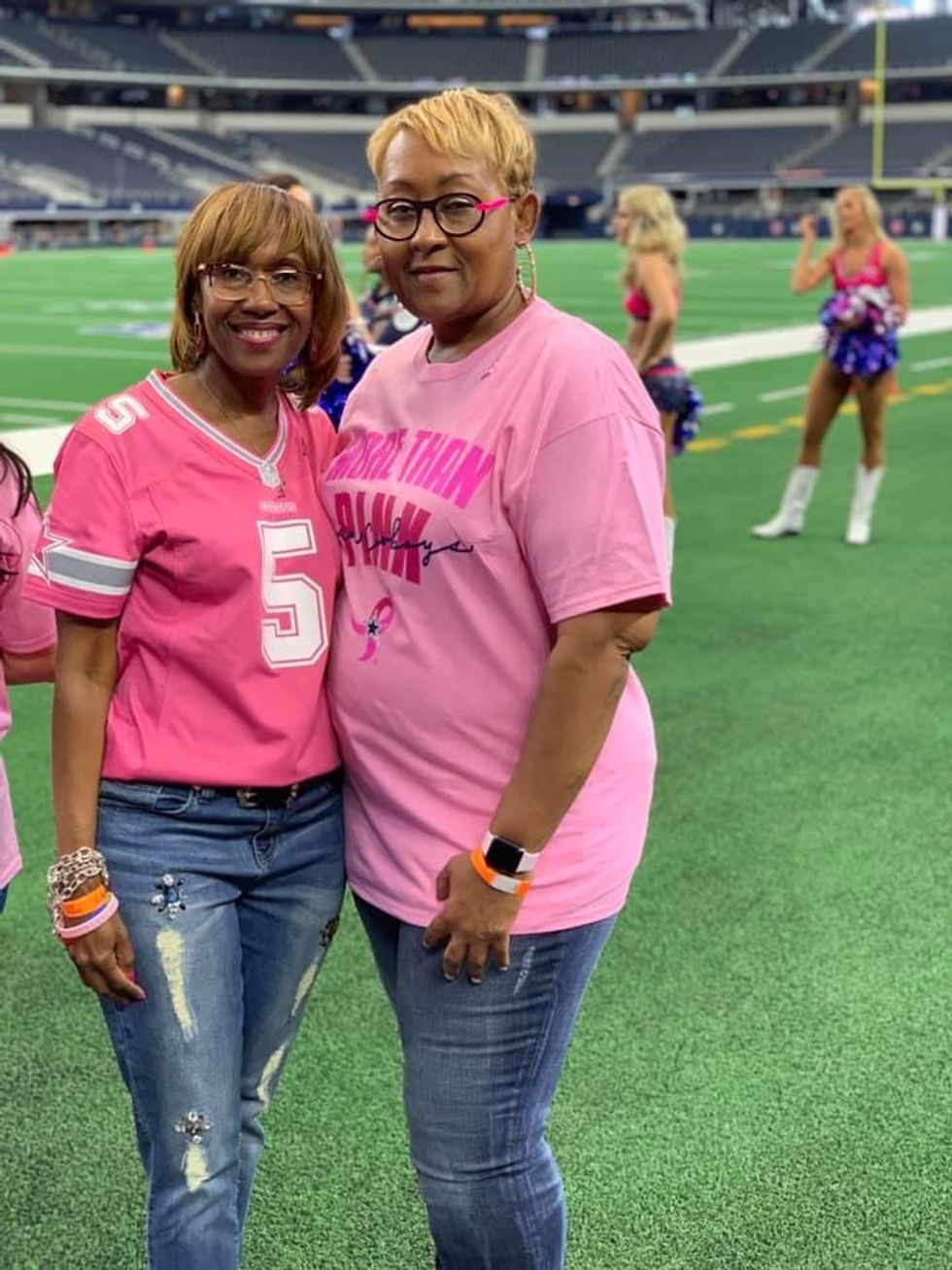 Ragina Ireland has been lovingly supported throughout her cancer journey by her sister, Johnnie Ireland. Four years ago, Ragina took a Cancer Genetic Risk Assessment test to help give her sister a clearer understanding of her own risk for developing breast cancer.
Ragina Ireland has been lovingly supported throughout her cancer journey by her sister, Johnnie Ireland. Four years ago, Ragina took a Cancer Genetic Risk Assessment test to help give her sister a clearer understanding of her own risk for developing breast cancer. 


